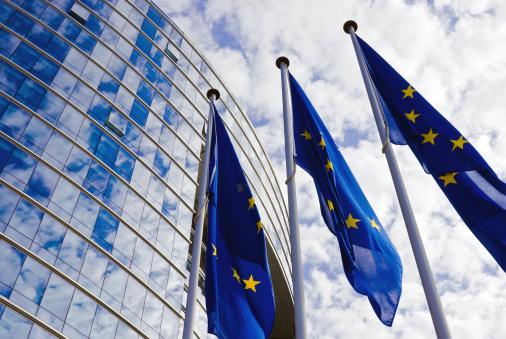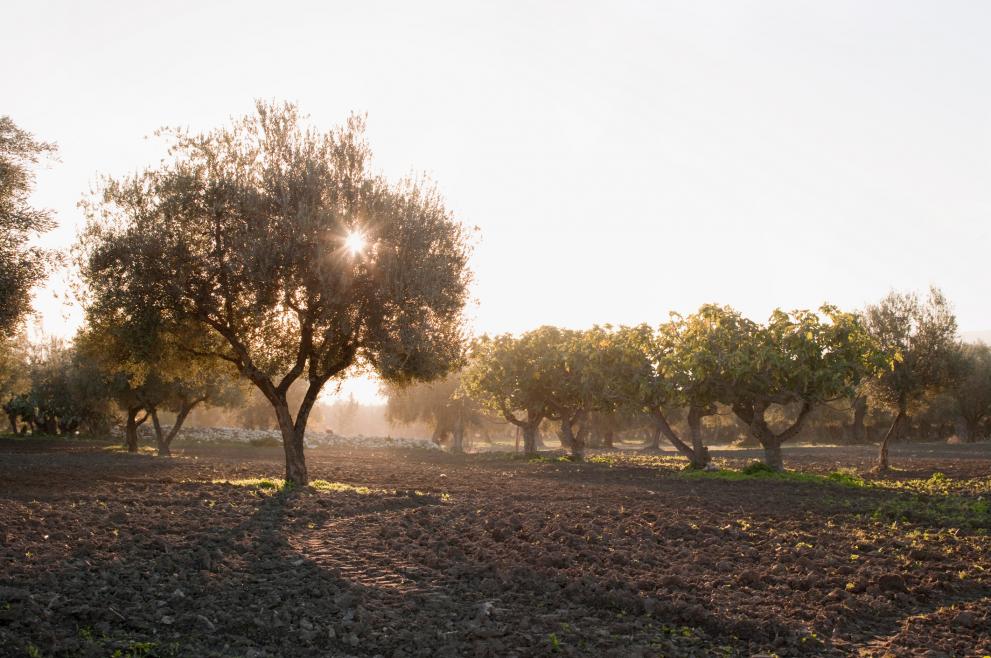About the European Union
The EU is a political and economic union of 27 Member States with an estimated total population of about 447 million citizens.
The European Union has built a single market based on "four freedoms", enabling people, goods, services and capital to move freely between all EU Member States. Globally, the EU is the world’s largest trading block as well as the largest exporter of manufactured goods and services. It is also the world’s biggest single market area (447 million consumers) with transparent rules and regulations and a secure legal investment framework. Shared standards allow the EU Member States to adopt a single approach to food and product safety.
Europe is deeply integrated into global markets. As a hub for international trade and commerce, the EU benefits from widespread transport and communications links with the rest of the world. This makes it easy for European companies of any size to supply their goods around the globe – giving people all over the world the chance to enjoy high quality European food and beverages.

Agriculture in the European Union
Agriculture is a vital element of the European economy. The Member State governments share a responsibility to guarantee sustainable food production and a stable food supply at affordable prices.
Europe’s stringent food safety standards ensure that consumers have access to high-quality products and that they are able to make informed choices, using the EU certified labelling schemes.
The total value of agricultural exports from the EU to the rest of the world was €185 billion in 2021, having increased at an annual rate of 5.3% since 2002. This means that consumers around the globe are increasingly benefitting from the stringent quality and safety standards that underpin the production of food and beverages in the EU.


